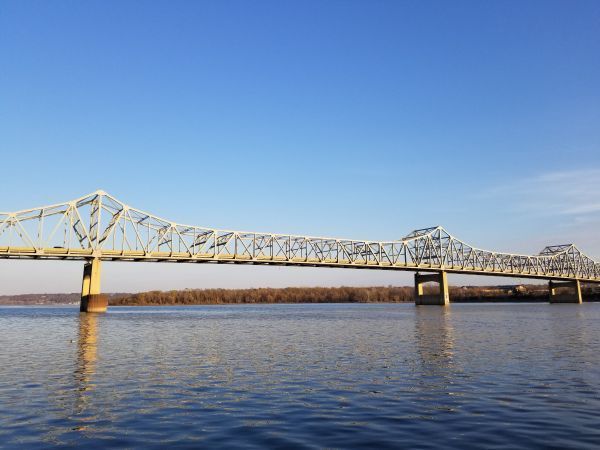ICGA Urges the Importance of NESP

New construction on locks and dams on the inland waterways system is critical to agriculture and other industries throughout the state, Midwest and nation.
Recently, ICGA and NCGA submitted a letter to R.D. James, Assistant Secretary of the Army for Civil Works advocating for a new construction start for the Navigation & Ecosystem Sustainability Program (NESP). Additionally, ICGA put out a call to action to our members to contact their legislative representatives in which 534 contacts were made.
The new start is funded by the Energy and Water Development appropriations bill, passed through the Omnibus on December 21 and signed into law on December 27.
A new lock and dam build using NESP follows the Corps draft Capital Investment Strategy which includes a plan developed collaboratively with the Inland Waterways Board and is endorsed by the industries which utilize the river.
Starting NESP now is critical because of the aging infrastructure and the reliance many different industries place upon the system including agriculture, steel and petroleum to name a few.
Moving America's harvest to world markets is the most important reason for ICGA to be involved with promoting infrastructure upgrades to the Inland Waterways System. More then 60 percent of exports travel down the Mississippi and Illinois Rivers, keeping America's farmers competitive in the global market. Not only do we have the most fertile soil in the world we have a relatively easy way to ship it from the central part of the nation, if we can keep the infrastructure updated.

In addition to the economic benefits, the NESP plan also takes into consideration the wildlife and special ecosystems found along the Mississippi and Illinois Rivers ensuring they are protected and habitat is restored or developed.
Leadership at ICGA sent out a call to action to members encouraging them to contact their respective representatives explaining the importance of our lock and dam infrastructure and the need to start the NESP plan as soon as possible. Members answered the call.
Overall, 168 members sent messages and 534 contacts were made to 11 representatives in our state.
NESP has continual bipartisan support from the governors and legislatures of the five Upper Mississippi River Valley states and is supported by countless non-government organizations. An immediate start of NESP would bring positive impacts on the economy and the environment, realized in the near-term but certainly with more long-term benefits.







